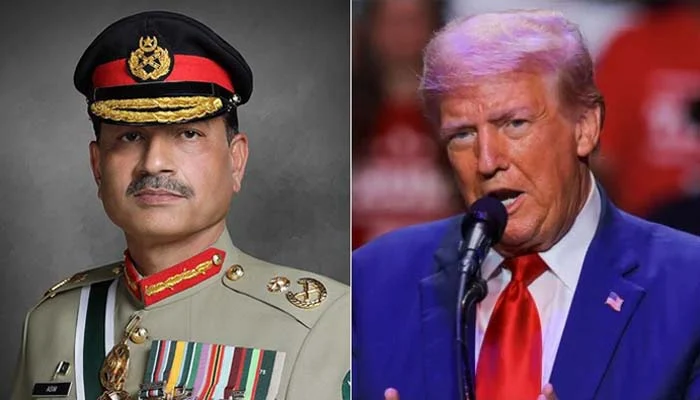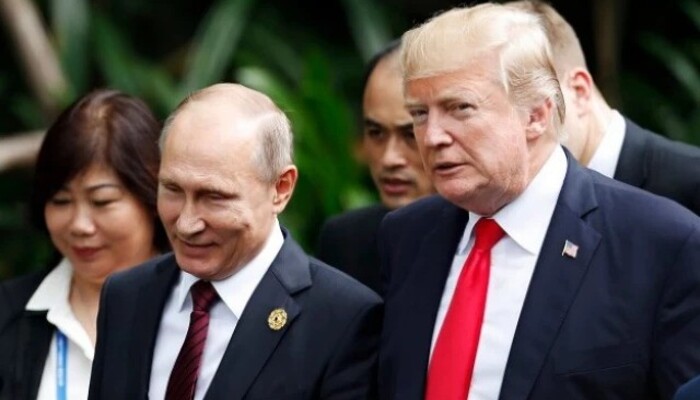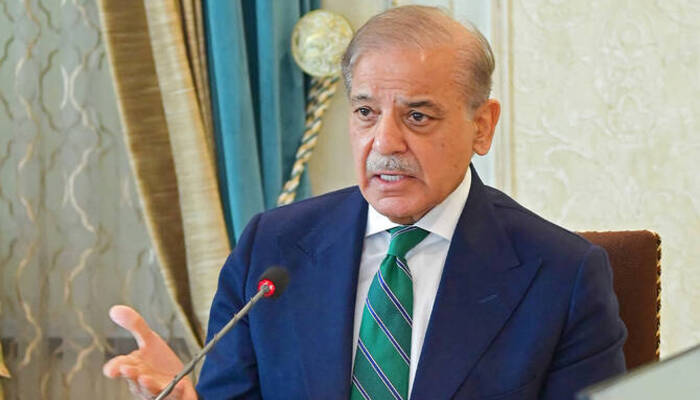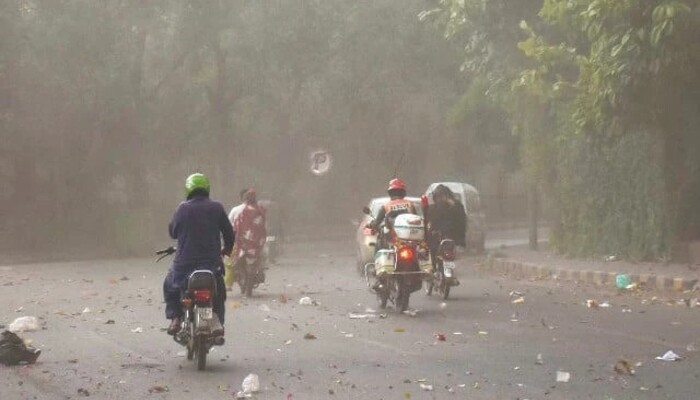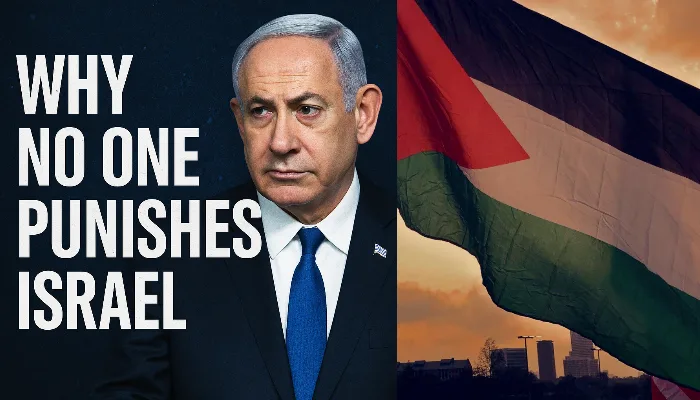
Israel’s ongoing military aggression, occupation of Palestinian territories, and apartheid-style policies have prompted global outrage. But beyond emotional and political responses, one critical question remains: Which international laws is Israel actually violating?
Despite mounting evidence of human rights violations, war crimes, and apartheid practices against Palestinians, Israel continues to operate without facing serious international punishment. This reality raises troubling questions about the global system meant to uphold justice and protect the oppressed. While dozens of United Nations resolutions have condemned Israeli policies, enforcement remains absent. The world watches, debates, and often mourns — but does not act.
Let’s take a detailed look.
Which International Laws Is Israel Violating?
1. Fourth Geneva Convention (1949) – Protection of Civilians in War
Violation:
-
Collective punishment
-
Targeting civilians and civilian infrastructure
-
Forced displacement
The Fourth Geneva Convention is clear: occupying powers must protect civilians during conflict. Yet Israel’s airstrikes routinely destroy homes, hospitals, schools, and refugee camps in Gaza. The bombing of densely populated areas, even under claims of targeting militants, results in massive civilian casualties.
Example:
In multiple UN-documented cases, Israeli airstrikes flattened entire residential blocks, killing families in their sleep. Forced evictions in East Jerusalem also violate the ban on “forcible transfer” of protected persons.
2. Rome Statute of the International Criminal Court (1998)
Violation:
-
War crimes
-
Crimes against humanity
-
Possible acts of genocide
The Rome Statute outlines the legal basis for prosecuting individuals responsible for war crimes and crimes against humanity. Israel’s actions in Gaza—like blockading humanitarian aid, deliberate targeting of civilians, and apartheid-style treatment of Palestinians—fit these categories.
ICC’s Action:
The International Criminal Court (ICC) has opened formal investigations into possible Israeli war crimes. Arrest warrants have reportedly been issued for top Israeli officials, including Prime Minister Benjamin Netanyahu, although enforcement remains unlikely due to political interference.
3. UN Charter – Article 1: Peaceful Resolution of Disputes
Violation:
-
Breach of peace
-
Use of force against sovereign populations
The UN Charter emphasizes sovereign respect and peaceful conflict resolution. Israel’s occupation and military aggression in Gaza, the West Bank, and East Jerusalem stand in stark contrast. Even the annexation of land violates core UN principles.
Reality Check:
Israel continues expanding settlements, conducting airstrikes, and occupying Palestinian land—despite decades of UN condemnation.
4. International Covenant on Civil and Political Rights (ICCPR)
Violation:
-
Right to life
-
Freedom of movement
-
Protection from arbitrary detention and torture
Palestinians are subjected to curfews, checkpoints, home raids, and mass arrests without trial. Human rights organizations like Amnesty International and Human Rights Watch consistently report on abuses, including torture and extrajudicial killings.
Example:
Administrative detention—holding Palestinians without charges or trial—violates international norms. Israel frequently uses this to silence dissent and suppress activism.
5. Violations of UN Resolutions
Israel has violated over 40 UN Security Council resolutions and more than 100 General Assembly resolutions. Major resolutions include:
-
UNSC Resolution 242 (1967): Calls for Israel to withdraw from occupied territories
-
UNSC Resolution 338 (1973): Urges ceasefire and peace negotiations
-
UNGA Resolution ES-10/20 (2018): Condemns Israeli actions in Gaza
Despite widespread global support for these resolutions, enforcement remains blocked—mostly due to U.S. vetoes in the Security Council.
Why No One Punishes Israel?
So, why does Israel face no punitive action from the global community? The answer lies not in law, but in politics, economics, media influence, and strategic power games.
The U.S. Veto: A Shield That Blocks Justice
At the heart of Israel’s immunity lies its powerful protector — the United States. Since 1972, the U.S. has used its veto power in the United Nations Security Council more than 45 times to block resolutions critical of Israel. These vetoes effectively paralyze the UN’s ability to act against the Israeli state, regardless of the severity of its alleged violations. Whether the issue is settlement expansion, military aggression, or the targeting of civilians in Gaza, global condemnation rarely turns into global action because of one consistent obstacle: Washington’s unwavering support.
This alliance is not simply about shared values or historical ties. It’s a calculated geopolitical strategy. Israel serves American interests in the Middle East, offering military, intelligence, and technological advantages that no other regional ally can match. In return, the U.S. ensures that Israel never stands alone in the face of global scrutiny. The veto is not just a political tool; it is a license for Israel to act without fear of international legal consequences.
Geopolitical Interests Trump Human Rights
Beyond U.S. protection, many global powers see Israel as a crucial piece of the geopolitical chessboard. Positioned at the center of a volatile region, Israel offers Western nations a forward base for surveillance, military operations, and the containment of rival states like Iran. It’s not just about ideology — it’s about strategy. Maintaining Israel as a dominant force in the Middle East benefits powerful countries looking to control the flow of oil, monitor extremism, and influence Arab politics.
This strategic utility makes Israel indispensable. Even when European governments voice concern over the humanitarian crisis in Gaza or the occupation of the West Bank, they rarely follow up with sanctions or diplomatic penalties. Economic interests further complicate the issue. From arms sales to cyber defense partnerships, many nations profit from Israeli innovation. Punishing Israel could mean harming their own security or economic growth.
This realpolitik — where power, not principle, guides international relations — ensures that justice for Palestinians remains a distant dream. The laws exist. The resolutions are written. But enforcement is always postponed, because punishing Israel would disrupt too many comfortable alliances.
The Media’s Role in Controlling the Narrative
While bombs fall on Gaza and settlements rise in the West Bank, the way these events are portrayed in Western media profoundly shapes public perception. Major outlets often use terms like “clashes” or “conflict” to describe situations where one side holds overwhelming military power. Israeli airstrikes that flatten residential buildings are frequently described as “responses” to rocket fire, while Palestinian resistance is almost always labeled “terrorism.”
This manipulation of language creates a false balance, as if both sides suffer equally, when statistics consistently show a starkly disproportionate number of Palestinian casualties. The lack of context — such as decades of occupation, blockades, and dispossession — ensures that Israel is rarely portrayed as the aggressor.
By framing Israeli actions as self-defense and downplaying Palestinian suffering, the media helps sustain global apathy. Outrage is dulled, calls for justice lose momentum, and governments feel little pressure to change their foreign policies. In this information war, truth is the first casualty, and accountability is the second.
Lobbying Power and the Fear of Backlash
Another key reason Israel remains untouchable is the immense influence of pro-Israel lobbying groups, particularly in the United States. Organizations like AIPAC shape foreign policy by lobbying lawmakers, funding campaigns, and influencing think tanks and media narratives. This political machinery ensures that criticism of Israel rarely translates into legislative action.
Even when individual politicians attempt to question U.S. military aid to Israel or call out human rights abuses, they face swift backlash — often being labeled antisemitic, regardless of their actual statements. This environment of fear discourages honest debate and silences dissent. As a result, policies that uphold Israel’s military and economic dominance go unchallenged, even when they contradict international law.
The impact is not limited to the U.S. In countries like Canada, the U.K., Germany, and Australia, similar dynamics play out. Criticism of Israel can lead to political isolation, loss of media support, or legal consequences. The chilling effect on free speech and accountability is profound. When powerful lobbies dominate the conversation, justice becomes negotiable.
Selective Application of International Law
International law, in theory, should apply equally to all nations. But in practice, it functions more like a selective tool, enforced against the weak and ignored for the powerful. Iraq faced invasion for its alleged weapons of mass destruction. Libya saw regime change. Sudan’s leaders stood trial for war crimes. But when Israel violates the Geneva Conventions by targeting civilian infrastructure, or breaches the Rome Statute through apartheid policies, the world looks away.
This double standard has not gone unnoticed. Many people around the globe now believe that international law exists only for show — a system used to punish enemies and spare allies. Israel’s continued impunity reinforces this perception. As long as powerful states protect their interests and silence criticism, the legal mechanisms meant to uphold justice will remain inactive.
The danger of such selective enforcement is immense. It weakens the credibility of international institutions, encourages other states to defy the rules, and leaves oppressed communities with no legal recourse. For Palestinians, this means more loss, more displacement, and more suffering — while the world remains silent.
Follow us on Google News, Instagram, YouTube, Facebook, Whats App, and TikTok for latest updates




